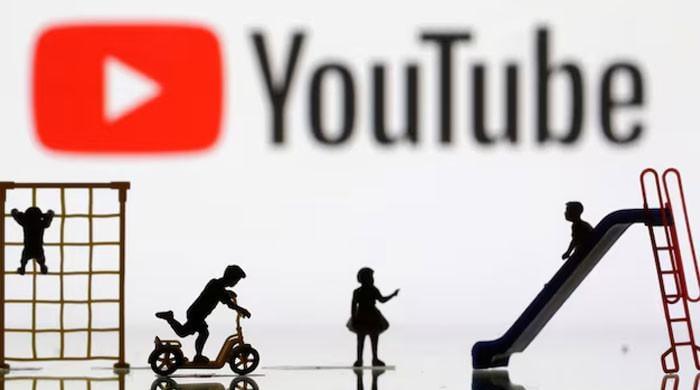Karachi: The YouTube online video transmission platform has updated its monetization policy, but experts say that the impact will not be as serious as some on social media platforms have made it, The news reported on Sunday.
According to YouTube, you are making a lower update of its “reused content” policy to clarify what constitutes reused or “too produced” content. The name of this policy has also changed. Previously called “reused content”, it will now be called “non -authentic content.”
Talha Labib, a social networks expert who runs a social media marketing agency and manages several YouTube channels, says the news were disproportionate. “The content that YouTube wants to discourage no longer fulfilled its monetization criteria under existing policies, since the platform only promotes creators who produce original and authentic content.”
“Some creators are concerned that this update would limit their ability to monetize their channels, but that is not the case. There are many YouTube channels that spread false or inauthentic news or use inappropriate language.
YouTube has uploaded a brief update on its YouTube aid page, which says that the platform updated its monetization policies of the partner program on July 15, 2025, to clarify its position on non -authentic content. Although the platform has always required original and authentic loads, the new guidelines aim to better identify the material produced and repetitive that does not meet the monetization standards.
The digital marketing specialist and Content Specialist Anusha Asif said that many YouTube channels use clips from other youtubers for their videos or shorts. “What will happen now is that such accounts will not be able to monetize their content.” But, he added, the original creators will also feel the heat of the new policy. “If the clips or the content of an original channel are produced by mass, the channel itself could be under the scrutiny of YouTube and can be marked. This could lead to a shutdown or prohibition.”
While Labib was the opinion that such attacks are reversible and the original creators can restore their accounts, Anusha argued that the restored channels would take some time to recover the classification they enjoyed previously.
When the news broke out that the platform was implementing its update of the YPP, many initially feared that would demolish all the repetitive content generated by AI, which often includes what is now known as “AI Slop.” For example, some channels repeatedly publish videos generated by AI which are almost identical, often copied from similar creators.
Labib said that, although “the videos of AI are still allowed under the new rules. Repression would be against Deepfakes or other inappropriate content generated through AI.” He added that as creators move to use AI tools for their content, it is important that they give the appropriate revelations about the use of the new technology to avoid the propagation of deceptive content.
Technology expert Shahrukh Malik said “as a consumer, I think [restricting AI-generated content] It’s great. Of course, there was a time when these videos were fun, but now there is too much of them. “
But, “as a content creator,” he said, “limits my options. Many people earned a lot Ways to invent the ways of inventing ways to invent their reports.




